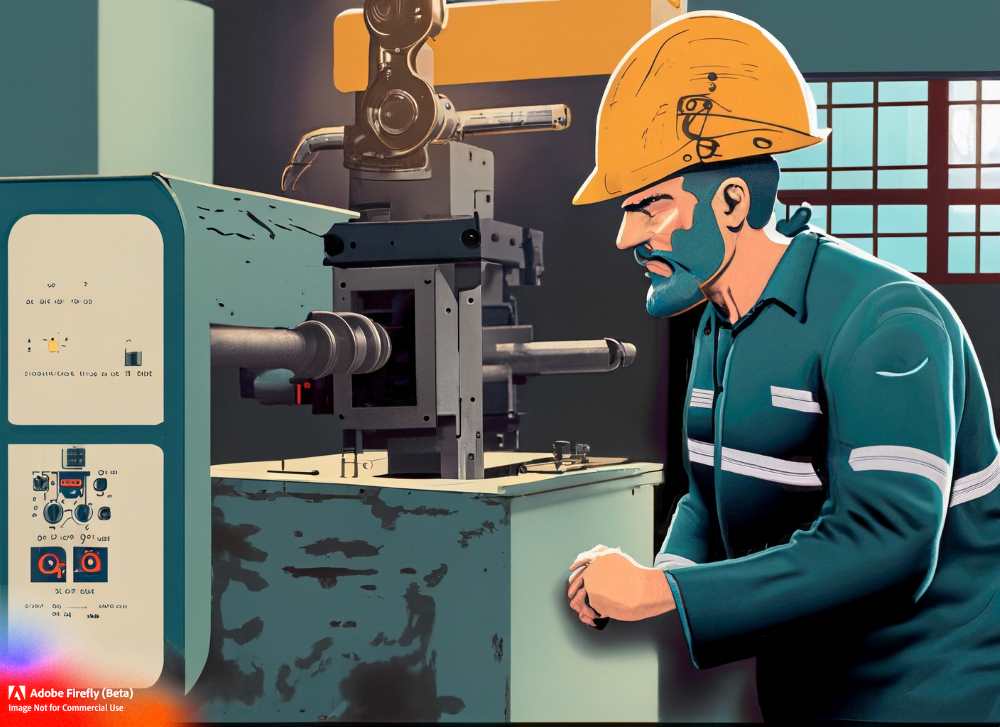The Institutional Framework Companies Need to Succeed
This article explores the challenges faced by companies in today's business world, including increasing installed capacity, identifying local strengths, and promoting inter-company collaboration.

Companies face many challenges in today's rapidly changing business world. Some of these challenges include increasing installed capacity, identifying and strengthening local and regional vocations, creating effective communication channels, and promoting inter-company collaboration. To address these challenges, companies require an institutional framework that provides them with the necessary support and resources.
Increasing Installed Capacity
One of the primary challenges faced by companies is increasing their installed capacity. This challenge requires time and money. Increasing installed capacity involves investing in new machinery and equipment, hiring and training new employees, and expanding the physical infrastructure of the company. This challenge is particularly acute in developing countries, where many companies lack access to capital and other resources.
Identifying and Strengthening Local
Another significant challenge faced by companies is identifying and strengthening local and regional vocations. This challenge involves identifying the areas of opportunity for growth and the specific strengths of each industry. For example, in a region known for its agricultural production, companies can focus on developing technologies and processes that improve the efficiency and productivity of agricultural production. In this way, companies can capitalize on the region's strengths and contribute to its economic growth.
Effective Communication Channels
From an anthropological perspective, creating effective communication channels is another challenge faced by companies. Effective communication channels are essential to speed up the response time of companies. This includes both vertical and horizontal communication channels. Vertical communication channels allow for effective communication between managers and employees, while horizontal communication channels facilitate communication between different departments and teams. When communication is efficient, companies can respond more quickly to changes in the market and make better decisions.
Promoting Inter-Company Collaboration
Finally, promoting inter-company collaboration is crucial for companies looking to grow and succeed in today's business environment. Collaborating with other companies allows companies to combine their efforts and capabilities to serve relevant clients better. Clusters are an instrument that can promote this type of approach. Clusters generate networks of trust, promote partnerships, and coordinate work between companies. This collaboration involves not only the exchange of technical knowledge among associates but also effective communication among managers and other operational levels of the companies.

The Institutional Framework Required
To address these challenges, companies require an institutional framework that provides them with the necessary support and resources. Such a framework should be designed to provide companies with access to capital, technology, and other resources that are essential to their growth and success.
Access to Capital
Access to capital is crucial for companies looking to increase their installed capacity or invest in new technologies. Governments and financial institutions can provide capital to companies in the form of loans, grants, and other financial instruments. Governments can also provide tax incentives and other forms of support to encourage private-sector investment.
Access to Technology
Access to technology is also essential for companies looking to grow and succeed in today's business environment. Governments can provide support for research and development activities that help companies to develop new technologies and processes. They can also promote the transfer of technology by supporting partnerships between local and foreign companies.
Access to Skilled Labor
Finally, access to skilled labor is crucial for companies looking to grow and succeed. Governments can support the development of vocational training programs that provide workers with the skills and knowledge they need to work in the modern economy. They can also support programs that encourage entrepreneurship and innovation.
Conclusion
Companies face many challenges in today's rapidly changing business world. These challenges include increasing installed capacity, identifying and strengthening local and regional vocations, creating effective communication channels, and promoting inter-company collaboration. To address these challenges, companies require an institutional framework that provides them with access to capital, technology, and skilled labor. With the right support, companies can grow and succeed, contributing to the economic growth and prosperity of their communities.




